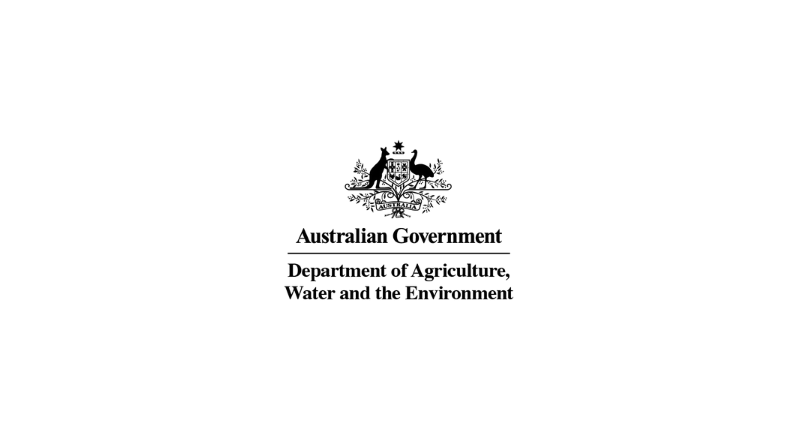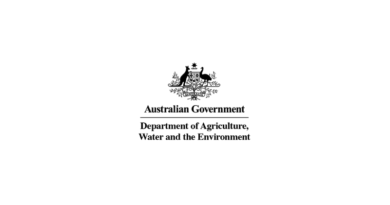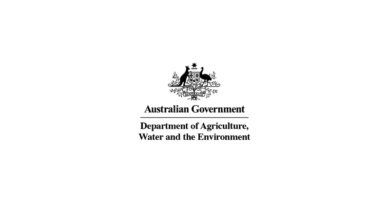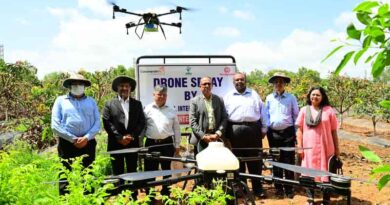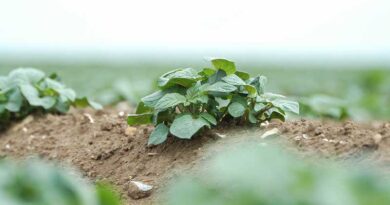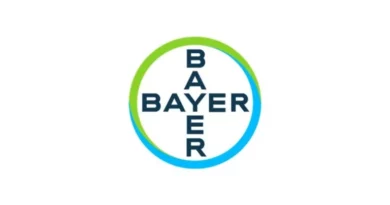Australia: Khapra beetle requires a greener treatment
30 September 2021, Australia: To reduce the growing risk of khapra beetle entering Australia, stricter import conditions will apply to all high-risk plant products exported on or after 30 September 2021.
Head of Biosecurity, Andrew Tongue said the new measures included the approval of an alternative to methyl bromide fumigation, in line with the global move to find more environmentally friendly options.
“Khapra beetle is Australia’s number two National Priority Plant Pest and the number one plant priority pest for grains,” Mr Tongue said.
“It is not present in Australia, but it is a highly invasive pest that poses a major threat to Australia’s grains industry, with an outbreak estimated to cost $15.5 billion to Australia over 20 years.
Also Read: Agdia launches Rapid Isothermal Product for Detection of Fusarium Wilt Pathogen
“80% of our grain exports would be at risk if khapra established in Australia.
“In the last twelve months, there has been a concerning increase in khapra beetle interceptions detected at our border, including in situations where it has hitchhiked on sea containers rather than in the imported goods.
“Whilst the khapra beetle urgent actions are being conducted for biosecurity purposes, we are committed to providing alternative treatment options where we can.
“Australia is committed to the Montreal Protocol on Substances that Deplete the Ozone Layer, which requires the phase out of methyl bromide for applications other than biosecurity and pre-shipment purposes.
“After extensive research, the department has approved controlled atmosphere treatments as a new, provisional phytosanitary treatment that can be used as an alternative to methyl bromide fumigation.
“Controlled treatments involve applying a modified atmosphere, with elevated carbon dioxide content, reduced oxygen content or both, and maintaining or controlling that modified atmosphere within an enclosure or environment to create an environment lethal to target pests.
“I encourage importers to stay up to date on the urgent actions and to register to receive industry advice if you haven’t already.
“Everyone needs to play their part to protect Australia’s biosecurity.”

